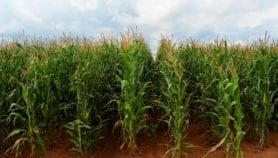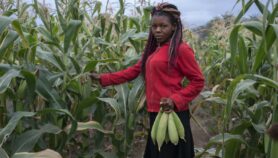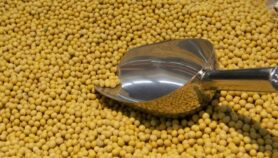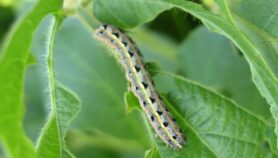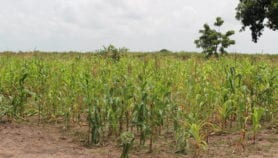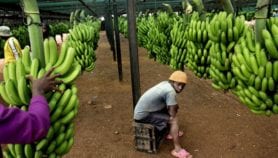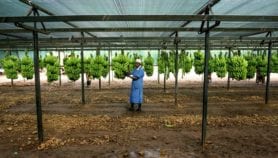By: Abiodun Raufu
Send to a friend
The details you provide on this page will not be used to send unsolicited email, and will not be sold to a 3rd party. See privacy policy.
[LAGOS] Nigeria is about to become the fourth African country to adopt biosafety guidelines, marking an important step forward in the application of biotechnology in the country.
Once approved as law by the country’s legislature the guidelines will be carried forward by a national biosafety committee, which will have power to grant permission for the testing and handling of genetically modified organisms (GMOs).
Nigeria’s interest in biotechnology is fuelled by the challenge of feeding its growing population, currently estimated to be 120 million. Over the past few years, Nigeria has become increasingly dependant on food imports to augment its dwindling agricultural production.
Peter Hartmann, director-general of the International Institute of Tropical Agriculture told an international workshop on biosafety at IITA last February, “We need to keep moving scientific advances to our farmers and growers until we reach… the transition point where traditional agriculture moves into modern agriculture.”
The biosafety guidelines — which conform to the provisions of the International Biosafety Protocol signed by Nigeria last year — were developed by representatives from IITA and other national research centres, universities and government ministries.
Christian Fatokun, a geneticist with IITA, explained that the guidelines will be welcomed by the research community, “Without the adoption of the guidelines by the Nigerian government we cannot test any transgenic crop plant in the country”.
According to John Komen of the International Service for National Agricultural Research (ISNAR), Nigeria will now be eligible to tap into a US$40 million fund for the development of national biosafety frameworks in 100 developing countries made available by the United Nations Environment Programme and the Global Environment Facility.


